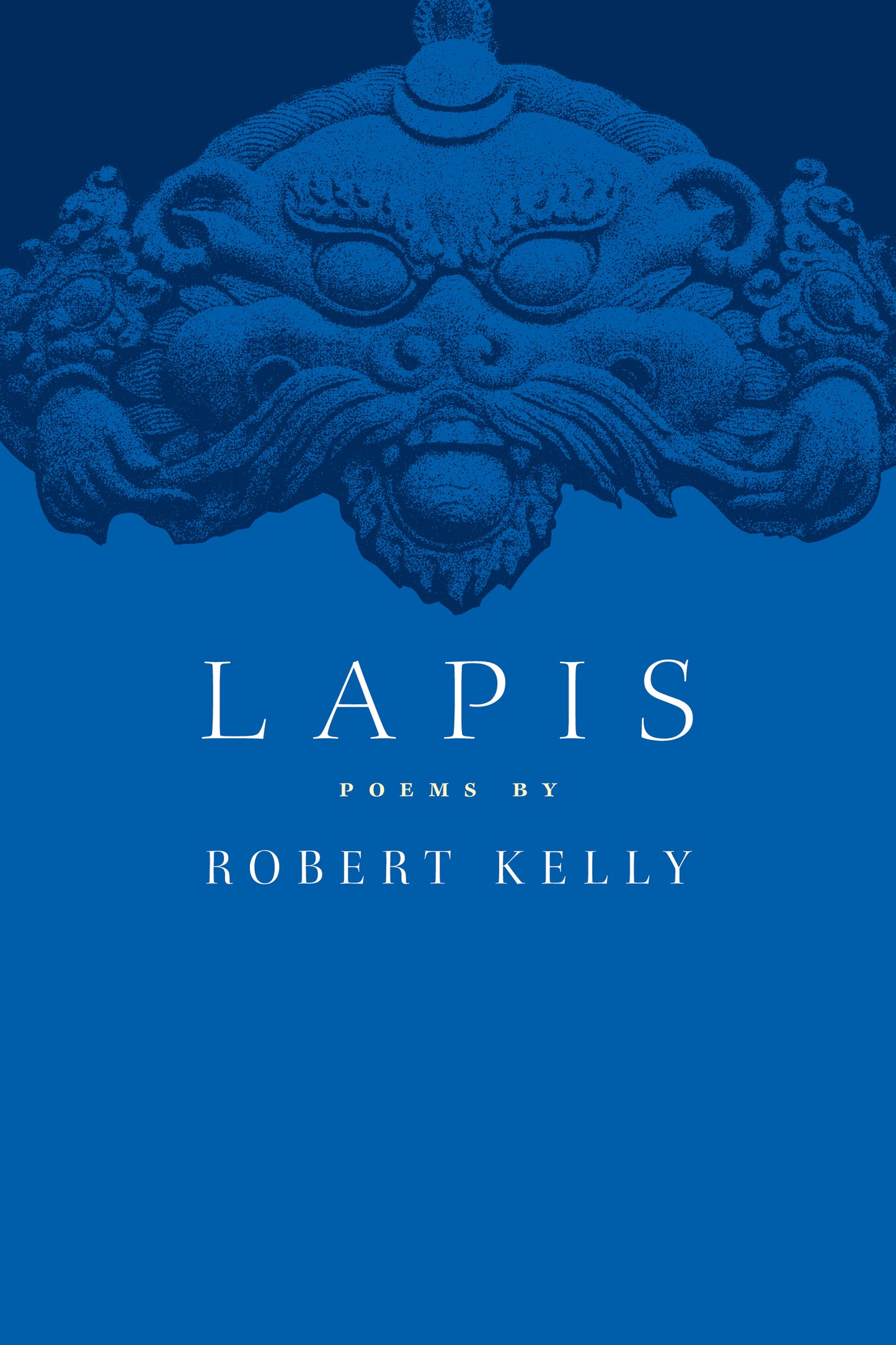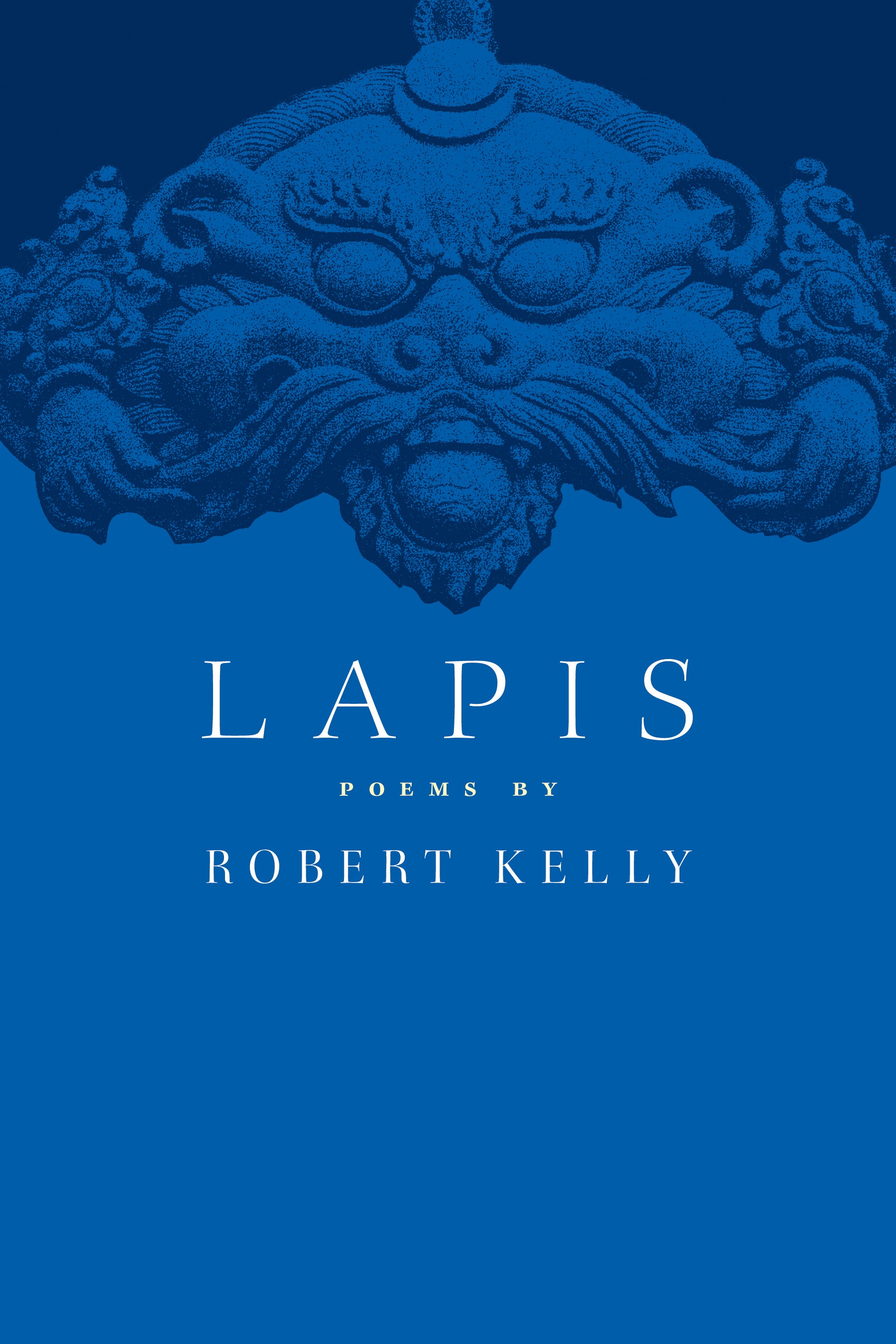
Lapis, the philosopher’s stone, is the legendary substance that alchemists use to turn base metals into gold. Robert Kelly’s 50-year pursuit of its poetic equivalent—the words that transform the common things of life into art—yields the 127 new texts collected here. In these richly varied poems and prose poems–some occasioned by reading Dickinson and Yeats, visiting churches and art museums, traveling through Austria, France, Italy, and Ireland, and reliving the wounds of childhood and adolescence—Kelly describes personal experience and, by touching it with memory and imagination, makes it stranger than life itself. He is the diarist as dreamer, and the dreamer as alchemist.
The range of Kelly's interests and formal competence is enormous. He is inventive in the way that Picasso was: he can improvise intelligently and imaginatively on anything that strikes his ear, heart, or gaze. Kelly thinks of the poet as a scientist of holistic understanding, a world scholar to whom all data whatsoever is of use.
“No American poet except perhaps Wallace Stevens has his sense of balance in a line. What Eliot and Pound slaved over Kelly seems to have an innate gift for balancing out... And he prefers a multiple subject. He has the Chinese sense of bringing diverse things together into a stark- symbol, and is happiest when he himself can't quite see the meaning of the sign he's made. Thus his poems are mysteries to be pondered, something to dream on rather than to puzzle out. To understand in our times has sadly come to mean to dismiss; Kelly moves in the opposite direction. I should think that he would be interesting to the philosophers (had we any), for he seems to me to be a man determined to think deeply and carefully about Being itself (perhaps the one subject that pervades his poetry).”—Guy Davenport
Lapis offers dream narratives, elegies, prayers, anecdotes, parables, dialogues, and folktales from a land that may not exist. . . Kelly has done something remarkable. He has given magic back its dignity, finding it in human warmth. ––Joseph Donahue, Bookforum
Poem after poem builds on razor-sharp textures that draw the eye to the obvious and to the hidden world behind it. Here again is poetry that gleams in the light of the numinous. —The Bloomsbury Review

